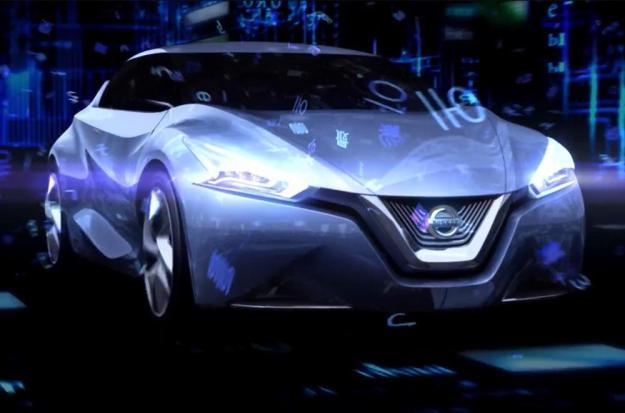 A video showcasing the new Nissan Friend-ME Concept depicts a pretty interesting concept of what the future of global transportation might look like.
A video showcasing the new Nissan Friend-ME Concept depicts a pretty interesting concept of what the future of global transportation might look like.
Unveiled at the Shanghai Motor Show last week, the Friend-ME Concept was developed to explore the aspirations of customers that researchers say will become the world’s largest single market segment, known as the “Bālínghòu,” which consists of around 240 million Chinese born in the 1980s.
“Bālínghòu males are huge cohort in the world’s largest market, and they’re now reaching their prime,” said Francois Bancon, Division General Manager of product strategy and advanced planning at Nissan, in an official company press release. “Clearly, their tastes will shape automotive trends worldwide for decades to come. So we believe it’s important to listen with respect, and respond by putting dreams within their reach. That’s why Friend-Me is our proposition in an ongoing dialogue.”
The exterior of the Friend-ME is intended to covey a much more aggressive idea of what a sedan can look like – and that it does. In addition to its low profile and wide stance, the car also features other unique styling elements like the ”V-motion” shaped grille design that runs through the car’s hood to its shoulder.
The headlamps and rear combination lamps are accented by a unique boomerang shaped lighting design.
However, it’s inside where the Friend-ME really comes to life.
All four seats including the front, back, driver and passenger seat are able to share in the same high-tech features that typically would be reserved for just the driver like information on driver speed, navigation and fuel remaining.
Also, each of the four seating areas feature screens seamlessly integrated into the car’s design that can be used to transfer content found on a mobile device with other passengers in the vehicle.
Pretty wild, right? Do you think this is the future of driving? Check out the Nissan video below and leave a comment.


